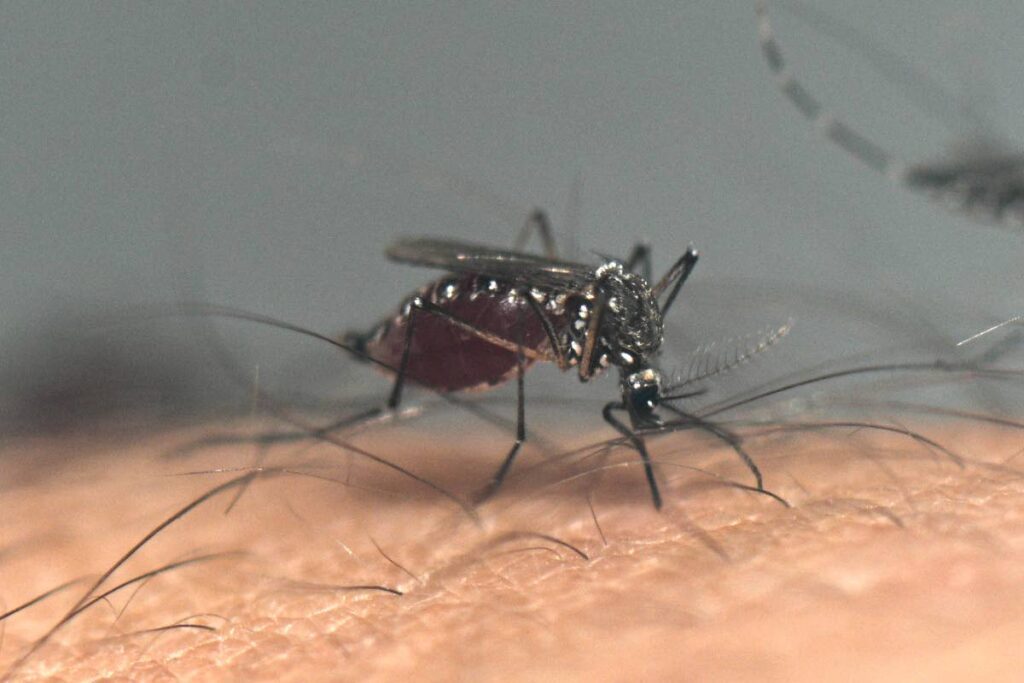Dengue messaging lacking in substance

THE EDITOR: Viewers of TV6's Morning Edition (August 9) were treated to yet another mournful plea by the principal medical officer (PMO), institutions, for people suspecting dengue when certain signs and symptoms (S&S) as described become manifest, to seek immediate medical attention at a medical facility.
The term “yet another mournful plea” is not used casually, one only needs to hark back to the dreadful days of the covid19 pandemic when people afflicted by the bug were presenting themselves to institutions in near-moribund state. The PMO made similar pleas then as bed shortages loomed.
What arouses curiosity is what the PMO did not allude to. In citing “renal failure” as one of the complications that may occur early in dengue, she correctly stated that this event can occur in healthy people, ie, people without pre-existing kidney disease afflicted with dengue.
What the PMO and the Ministry of Health’s technical director of epidemiology failed to dwell upon was that TT, because of the high prevalence of NCDs – diabetes and hypertension (half of whom are yet to be uncovered) – has a large reservoir of people with renal and cardiovascular disease, and such people should be called out in the dengue messaging.
An article in the Sunday Express, "Dengue conundrum," sought answers for the seemingly inexplicable increase in dengue fatalities in the current round of dengue. Hopefully, it may help alter the ministry’s approach to dengue messaging; my last published article (July 23), "Frightening dengue situation," evidently did not.
I sought then to reference published articles in well respected medical journals, which dealt with the impact of resurgent pathogenic disease on the current NCD epidemic to include not only the incumbent dengue, but the all-to-recent covid19, chikungunya and zika, all lurking, ready to pounce on inviting environmental situations.
To get to the point, because TT remains enveloped in the public health epidemic of NCDs, dengue messaging should include a high alert for people with NCDs including those at high risk for such development – older people, overweight people, obese people, and so on, who may be experiencing the widely publicised S&S of dengue.
The PMO is right, renal insufficiency quickly progressing to renal failure is a potentially fatal outcome of dengue. But it is also true that the kidneys recover completely once the insult is addressed expeditiously by people with the competency to do so, usually cardiologists and nephrologists.
The ministry should ensure that secondary institutions – public and private – have the protocols, necessary equipment and requisite personnel (as referenced in the article of July 23) to respond when high-risk people with dengue S&S present themselves for care.
Finally, the high prevalence of NCDs is a global health problem that all countries – developed and not so developed – are attempting to address because of the long-term effects: poor quality of life, decreased life expectancy, and the damaging effects on the GDP; and the short term lethal effects posed by the sporadic resurgence of pathogenic diseases as described above.
There is global agreement a strong primary care programme would resolve most of the issues. The current strategy by TT's Health Ministry to pursue primary care through behavioural change with “promised” results more than a decade away spells continuing grief for the TT population. A sad commentary since the principals involved know that a better and faster pathway to primary care exists, and should be applied.
DR KENWYN NICHOLLS
via e- mail

Comments
"Dengue messaging lacking in substance"